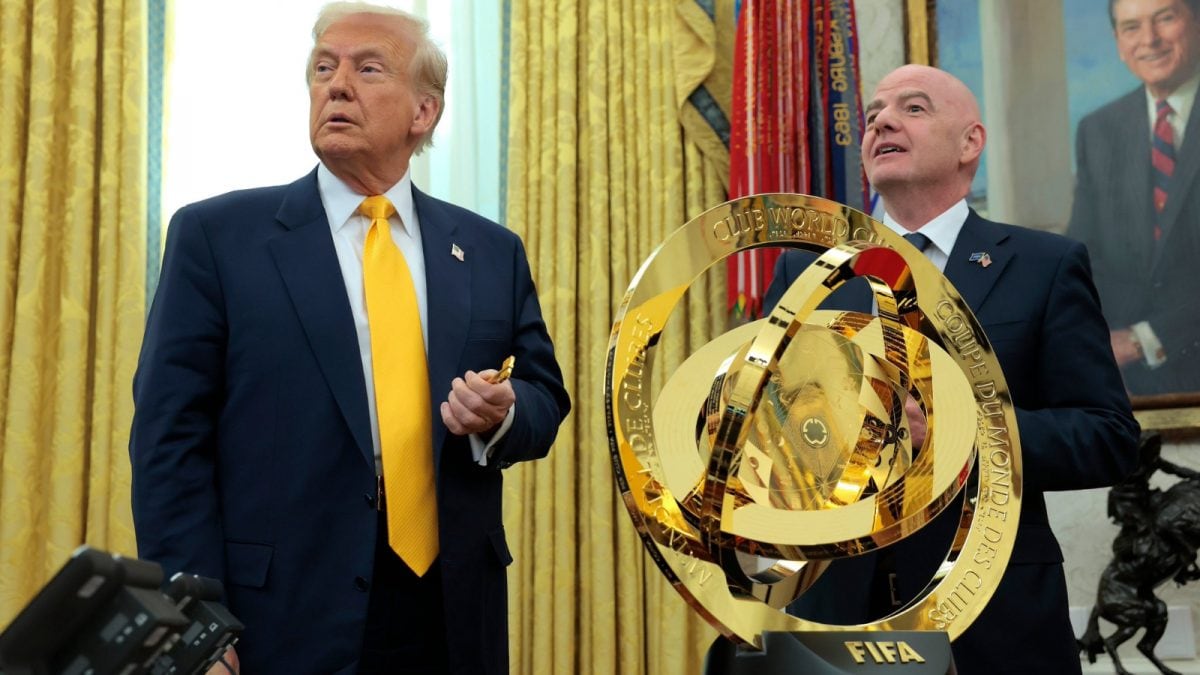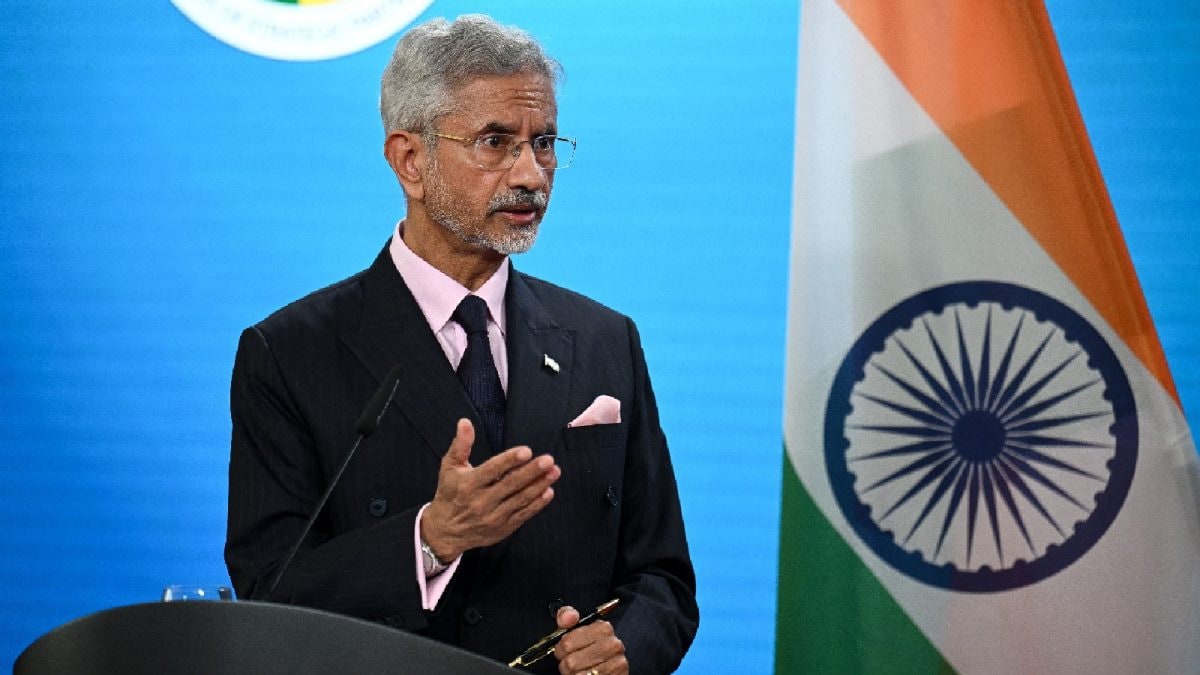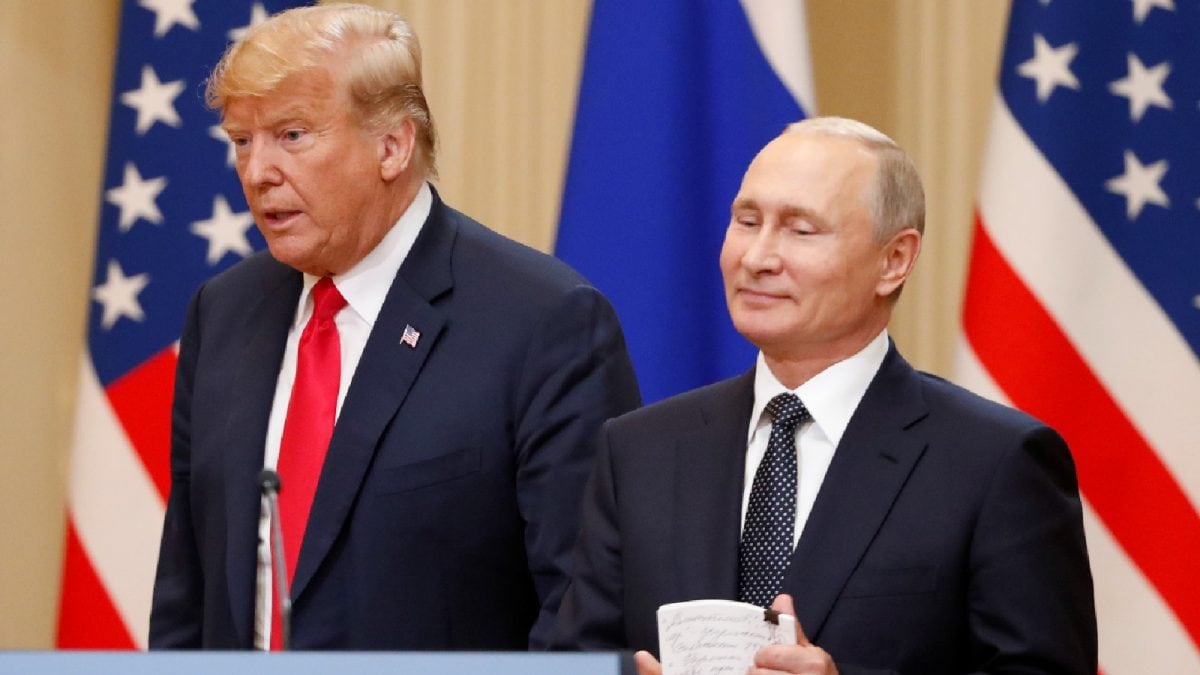Last Updated:July 15, 2025, 14:43 IST
Turkey is building a robust defence ecosystem, using exports and co-development projects to enhance its own capabilities, while Pakistan remains trapped in a cycle of dependency

In a candid letter to the President of Turkey written on May 22 this year, Pakistan’s Prime Minister acknowledged the acute financial difficulties of the country. (AP File)
Pakistan’s ambitious naval modernisation through the MILGEM project—a high-profile partnership with Turkey—has increasingly exposed critical weaknesses linked to economic fragility, strategic gaps in technology transfer, and operational shortcomings.
Beyond the optics, decoding what it really means.
Financial Constraints and inability to make defence payments
Pakistan’s deteriorating economic position is front and centre in the unfolding challenges. With the rupee having lost over 60% of its value since 2018 and foreign exchange reserves routinely at crisis levels, defence contracts priced in foreign currency have become vastly more expensive in real terms.
Explained: Why Is Pakistan’s Friend Turkey Building Mosques, Madrasas On India-Nepal Border? Why It’s A Concern
As a result, sustaining billion-euro navy modernisation programmes such as MILGEM (which stands for Milli Gemi Projesi in Turkish and translates to Ship Project) has become increasingly difficult, with non-essential military imports being delayed or downscaled as debt servicing consumes over 40% of federal revenue. Even the country’s traditionally protected defence budget has not been immune, now subject to IMF-imposed cutbacks.
This fiscal tightening undermines Pakistan’s ability to make timely payments for projects with Turkey, threatening both delivery schedules and ongoing technical support.
Excerpt from Pakistan PM’s letter to Turkish president
In a candid letter to the President of Turkey written on May 22 this year, accessed by News18, Pakistan’s Prime Minister acknowledged the acute financial difficulties of the country and the resulting delays in payments related to the MILGEM project.
The letter states: “Pakistan is currently facing acute financial constraints and regrettably has not been able to meet financial obligations related to various foreign firms or contractors of MS ASFAT for MILGEM project. While remaining cognizant of our financial obligations, concerted efforts are underway to settle the outstanding payments. However, it may take a while before all outstanding liabilities can be settled."
The letter also highlights challenges in the joint submarine project (MILDEN), noting that despite efforts, consensus on collaboration remains elusive and the memorandum of understanding (MoU) proposed in 2022 is still pending finalisation. It points out that Turkey is moving ahead independently on the project, causing the desired jointness to lose momentum.
The Prime Minister further conveyed that these issues were raised during a high-level meeting between Pakistan’s Chief of Naval Staff and President Recep Tayyip Erdoğan, who assured that the matters would be considered favorably at an appropriate level. Pakistan has formally requested Turkey to consider rolling over some outstanding payments for the MILGEM project by 2 to 3 years without imposing fines or affecting the delivery schedule of the ships.
Asymmetry and loopholes in the Pakistan-Turkey partnership
While official rhetoric touts brotherly cooperation and shared strategic ambitions, the reality has been far more asymmetrical. Under the MILGEM project, Turkey’s ASFAT retained control over the most complex aspects of design, construction, and systems integration, while Pakistan’s Karachi Shipyard & Engineering Works (KSEW) has played a secondary role—predominantly assembling components and relying heavily on Turkish technicians for hands-on problem-solving.
Critical command-and-control, electronic warfare, and sensor suites remain largely Turkish- or Western-sourced, with only limited, mainly cosmetic technology transfer to Pakistan. The fact that key Turkish defence technologies, such as the MIDLAS vertical launch system revealed for Turkey’s own submarine program, have not been shared or even briefed to Pakistan highlights the lack of joint innovation and strategic trust. There is no clear contractual mechanism guaranteeing Pakistan access to or co-development of future subsystems.
Exclusive: Pakistan, Turkey Are New Anti-India BFFs: $900-Mn Drones, Intel Sharing To Defence Pacts
Pakistan’s attempts to localise production have faced serious bottlenecks. For instance, out-of-sequence shipbuilding—where the third hull began construction before the second due to schedule mismanagement—demonstrates persistent operational inexperience. Delays in commissioning (up to 72 months per ship) and continued reliance on Turkish expertise emphasize the gap between projected and actual indigenous capacity.
Operational failures: The case of Operation Sindoor
These structural limitations translated into harsh operational realities during the 2025 Operation Sindoor crisis. Turkish-made drones failed to provide effective real-time target acquisition: their sensors suffered from poor optical clarity, weak endurance, and insufficient resistance to electronic warfare—key shortcomings when facing an adversary employing advanced AI-driven decoys and sophisticated jamming. Pakistani units, relying on Turkish communications backbones, were exposed to spoofing and jamming, ruining coordination and exposing ships to unacceptable risk.
This episode shattered confidence among military leaders in Rawalpindi and has reportedly led to quiet inquiries into alternative suppliers, particularly Western systems—although affordability remains a massive hurdle.
Strategic and economic fallout
Rather than delivering self-reliance or a technological leap forward, the MILGEM program has left Pakistan more dependent than ever on foreign suppliers, both to keep its fleet functional and to maintain any pretense of competitiveness. The ships, hailed in official ceremonies as symbols of modern naval power, represent an economic drain rather than a sustainable investment. As debt servicing and austerity bite deeper, Pakistan’s naval ambitions risk becoming unsustainable on every front—undermining both operational effectiveness and broader strategic credibility.
The prevailing reality is stark: Turkey is building a robust defence ecosystem, using exports and co-development projects to enhance its own capabilities, while Pakistan remains trapped in a cycle of dependency, renting progress it cannot yet command or afford.
view commentsLocation : First Published:News world Pakistan’s Pacts With Turkey Are A Sign Of Its Weakness & Desperation: Here’s How
Disclaimer: Comments reflect users’ views, not News18’s. Please keep discussions respectful and constructive. Abusive, defamatory, or illegal comments will be removed. News18 may disable any comment at its discretion. By posting, you agree to our Terms of Use and Privacy Policy.

 6 hours ago
6 hours ago


















